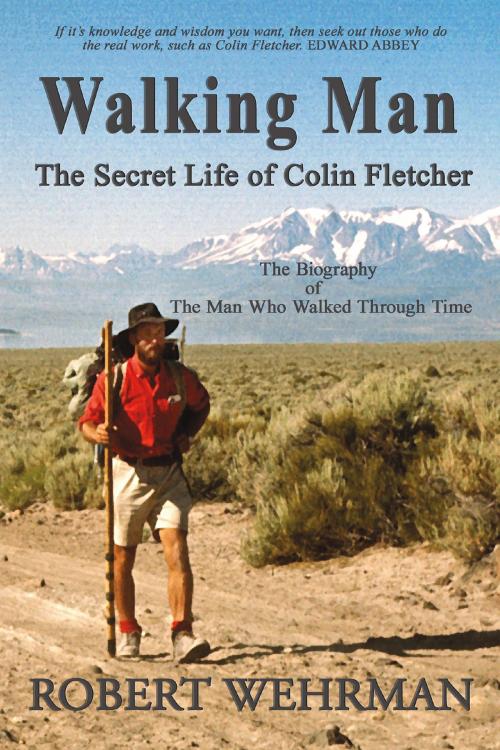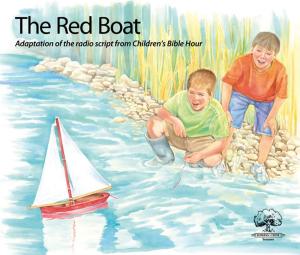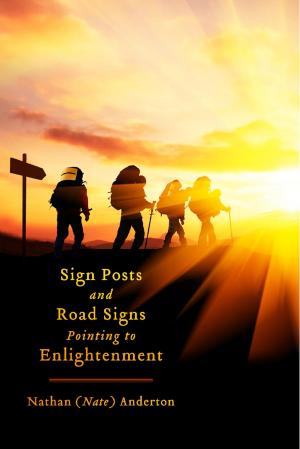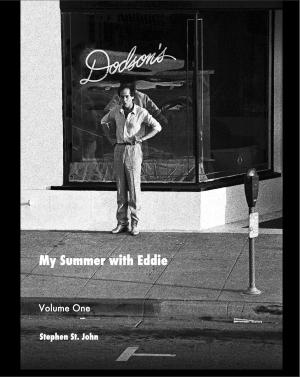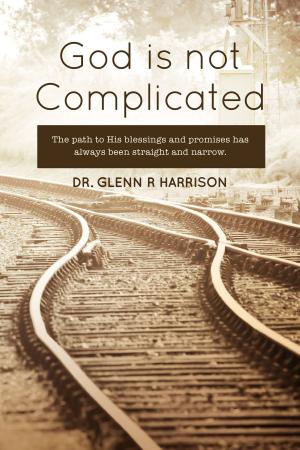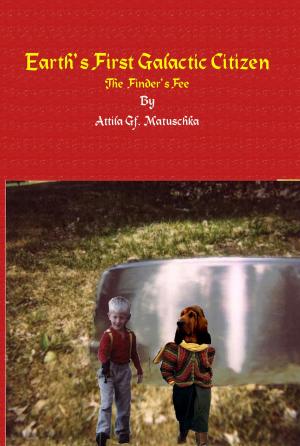| Author: | Robert Wehrman | ISBN: | 9781483572291 |
| Publisher: | BookBaby | Publication: | July 7, 2016 |
| Imprint: | BookBaby | Language: | English |
| Author: | Robert Wehrman |
| ISBN: | 9781483572291 |
| Publisher: | BookBaby |
| Publication: | July 7, 2016 |
| Imprint: | BookBaby |
| Language: | English |
Walking Man is the only biography of Colin Fletcher, the man who walked through time. He was an iconic American folk hero best known as the first person to force a passage through the length of Grand Canyon National Park in one arduous solo journey. He was the world’s most famous long-distance walker. He was the first thru-hiker. Called the father of modern backpacking by Backpacker Magazine and others, Fletcher was the one who showed us the way—more than a million people followed his shadow into the green world. Born in Wales, he was in the first wave of British Marines to hit the beachhead in Normandy on D-Day. After the war he farmed in Kenya, prospected in British Columbia, and then began his writing career in California where he wrote and published ten books. Fletcher’s was a preeminent and powerful voice for environmental concerns on par with Edward Abbey and John Muir. He was to the outdoor world and its preservation, what Leonard Bernstein was to music, or Walter Cronkite to reporting. When Colin Fletcher had something to say, people listened. The impact of his work, while unacknowledged, is seen far and wide today. Although most of them don’t know it, the hordes of hikers on the Pacific Crest Trail today would not be there without Fletcher’s pioneering work.
Walking Man is the only biography of Colin Fletcher, the man who walked through time. He was an iconic American folk hero best known as the first person to force a passage through the length of Grand Canyon National Park in one arduous solo journey. He was the world’s most famous long-distance walker. He was the first thru-hiker. Called the father of modern backpacking by Backpacker Magazine and others, Fletcher was the one who showed us the way—more than a million people followed his shadow into the green world. Born in Wales, he was in the first wave of British Marines to hit the beachhead in Normandy on D-Day. After the war he farmed in Kenya, prospected in British Columbia, and then began his writing career in California where he wrote and published ten books. Fletcher’s was a preeminent and powerful voice for environmental concerns on par with Edward Abbey and John Muir. He was to the outdoor world and its preservation, what Leonard Bernstein was to music, or Walter Cronkite to reporting. When Colin Fletcher had something to say, people listened. The impact of his work, while unacknowledged, is seen far and wide today. Although most of them don’t know it, the hordes of hikers on the Pacific Crest Trail today would not be there without Fletcher’s pioneering work.
